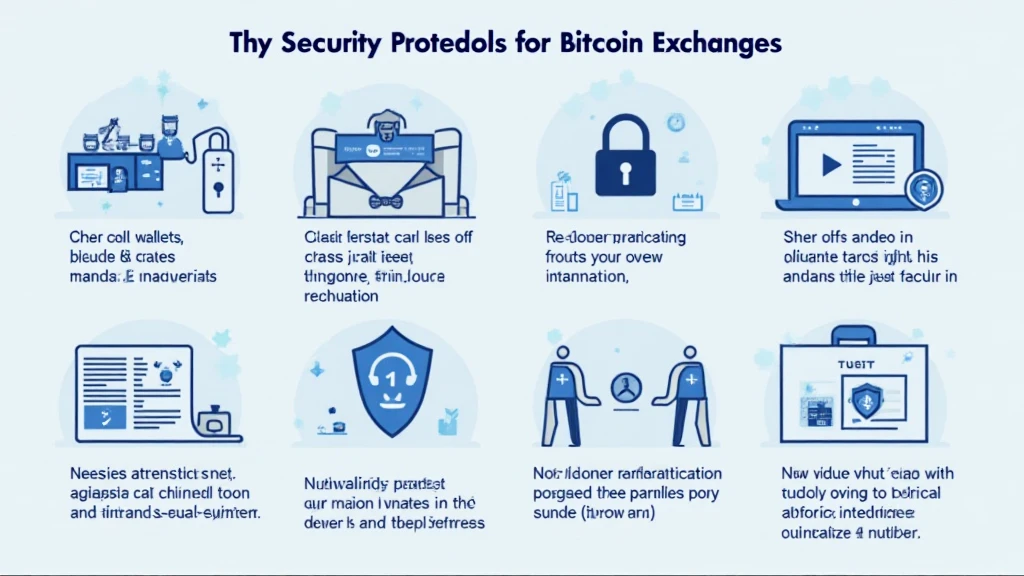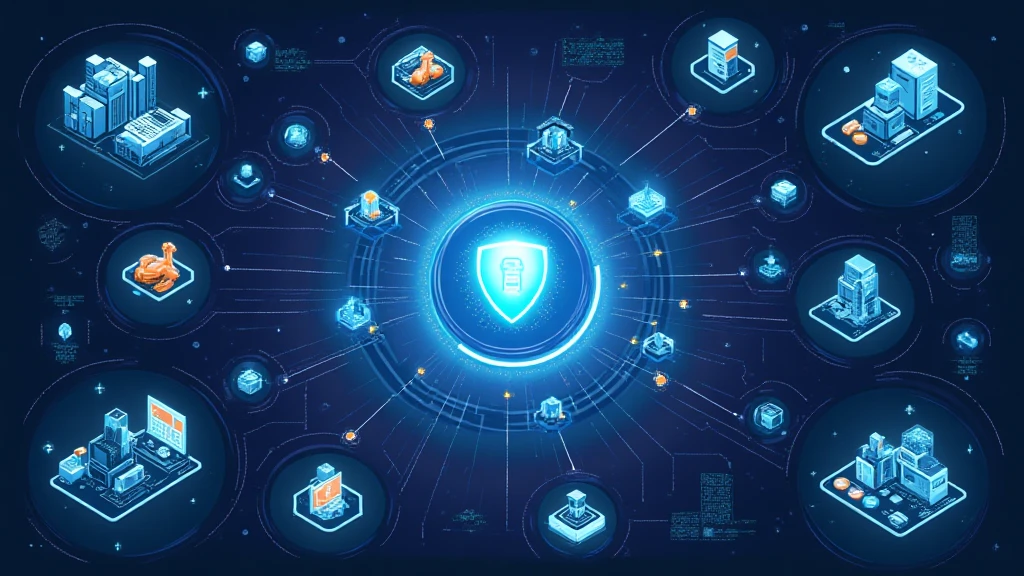Introduction
As cryptocurrency continues to grow exponentially, securing digital assets has become more important than ever. In 2024 alone, a staggering $4.1 billion was lost to hacks in decentralized finance (DeFi) protocols. With such alarming figures, one must ask: how can Bitcoin exchanges enhance their security protocols to better protect user assets?
In this guide, we will navigate through the essential security standards that Bitcoin exchanges should implement, focusing on both the technical and regulatory aspects of blockchain security. Additionally, we will look at the rising trends in the Vietnamese market, where the user growth rate has been significant, altering the landscape of cryptocurrency adoption.
The Importance of Understanding Security Protocols
For bitcoin exchanges operating in Vietnam and globally, the implementation of robust security protocols is not merely a suggestion but a fundamental necessity. The nature of blockchain technology inherently exposes it to various forms of malpractices, making it imperative for exchanges to adapt continuously.

Think of these security protocols as the vaults of a bank. Just as banks have numerous layers of security, including biometric identification and surveillance systems, cryptocurrency exchanges must employ a comprehensive suite of security measures, such as multi-signature wallets, two-factor authentication (2FA), and cold storage solutions.
Types of Security Protocols
The types of security protocols that Bitcoin exchanges can use can be categorized into several key areas:
- Cold Wallets and Hot Wallets: Cold wallets store assets offline and are less vulnerable to hacks compared to hot wallets, which are connected to the internet. A balanced approach using both can offer protection during diverse market conditions.
- Multi-Signature Transactions: This protocol requires multiple private keys to authorize a transaction, significantly reducing the risk of unauthorized access.
- Two-Factor Authentication (2FA): This adds an extra layer of security by requiring not just a password and username but also something that only the user has on them, typically a mobile device.
- Regular Security Audits: Conducting frequent security audits can uncover vulnerabilities before they can be exploited. This can often involve third-party audits to ensure impartiality.
- Regulatory Compliance: Adhering to local and international laws helps in legitimizing the platform and gaining user trust. For instance, compliance with the GDPR and FATF guidelines is crucial for exchanges operating globally.
Current Trends in Bitcoin Exchange Security in Vietnam
Vietnam’s cryptocurrency landscape is witnessing rapid changes. With a user growth rate projected to reach 20% annually, platforms need to be particularly cautious about security.
In recent months, Vietnamese regulatory bodies have begun to tighten their grip on cryptocurrency exchanges. As such, compliance measures are becoming a focal point. According to local reports, exchanges that implement stringent security measures tend to gain more users who are cautious about their investments.
Real Data and Statistics
| Year | Cryptocurrency Users | Growth Rate |
|---|---|---|
| 2023 | 8 million | N/A |
| 2024 | 9.6 million | 20% |
| 2025 | 11.5 million | 20% |
Adopting Best Practices for Bitcoin Exchanges
Exchanges looking to shore up their security should adopt best practices. Here’s how:
- Integrate Advanced Technologies: Utilizing AI and machine learning for predictive analytics can significantly enhance threat detection.
- Security Training: Providing regular training sessions for employees on security best practices can drastically reduce the likelihood of human error.
- Engage with the Community: Blockchain communities can be a rich source of support and innovation. Engaging with them can lead to collaborative efforts to enhance security.
Conclusion
In conclusion, as Bitcoin exchanges continue to evolve in the competitive Vietnamese market, implementing robust security protocols is paramount. Not only are these protocols vital for protecting users’ digital assets, but they also play a significant role in establishing the credibility and authority of a trading platform.
Investing in cryptocurrency security measures cannot be overlooked. As hackers become increasingly sophisticated, so too must the measures to secure Bitcoin exchanges. By leveraging technology, engaging in rigorous audits, and ensuring regulatory compliance, exchanges can build trust and foster a safer environment for all users.
For anyone looking to invest in cryptocurrencies, it is essential to consider the security standards of the exchanges they choose to engage with. After all, in this digital asset age, safeguarding your cryptocurrency is akin to locking your cash in a bank vault.
Refer to mycryptodictionary for additional resources on Bitcoin exchange security protocols, and stay ahead in this ever-evolving landscape.






